The year 2020 looks promising, more than ever driven by Data. What are specifically the trends and topics to track? Here our videos to find out the answers with images : Artificial intelligence, Business intelligence, Data Virtualization, Machine Learning / Deep Learning, DataOps, Data Governance, Data Ethics / IA Ethics… Happy New Year everyone! 🙂
1. Artificial Intelligence
Generalize the adoption of AI in the organization
AI offers a unique value and transformative power.
Its generalization in the organization is the number one issue in the coming months.
Infrastructure, architecture, DataOps, enterprise data platform, governance and automation are the main axes.
The real challenge is human related, and requires organization, change management, training and acculturation.
2. Business Intelligence
The Business Intelligence of tomorrow is built today
Business Intelligence is undergoing a technological and functional renewal.
User-centric, it provides a self-service data experience, from exploration and preparation to data visualization.
Connected to the entire information system, it leverages data from multiple sources, and its governance optimizes its usability.
Driven by the performance and flexibility of the Cloud, this new Business Intelligence boosts the operational efficiency of organizations.
3. Data Virtualization
The agile architecture to break silos
Virtualization makes data accessible without duplicating or moving it.
Multi-sources, multi-technologies, multi-cloud, virtualization enables a standard and universal access to data.
Its use cases are infinite: fraud prevention, data protection, on-demand analytics, cloud resource optimization, risk management, compliance, real-time reporting, data science, Logical Data Warehouse…
Virtualization is an innovative approach to accelerate data access and break down information silos.
4. Machine Learning / Deep Learning
Leverage pre-trained algorithms
The most advanced AI algorithms are developed in Deep Learning and trained with mountains of data.
This power becomes accessible to everyone, integrated into data processing tools and algorithm marketplaces.
These pre-trained algorithms can be adapted to specific problems through transfer learning.
These mechanisms result in the rapid and cost-effective deployment of AI in organizations.
DataOps
Data and AI products at scale
DataOps aims to make the industrialization process of Data and AI products more fluid.
This approach combines methodology, organization and technology to optimize the project production chain.
By bringing together business, data, and IT teams, DataOps defines a collaborative and agile framework.
Companies that scale up their Data and IA projects place DataOps at the heart of their operations.
6. Data Governance
Build the enterprise data catalogue
Governance is about controlling and optimizing the company’s data asset.
The data catalogue provides and shares knowledge, while establishing a collaborative mode.
The data catalogue is at the heart of the response to the GDPR and some sectoral regulations.
Mastering data assets is essential to the success of Data and AI strategies.
7. Data Ethics | AI Ethics
The two faces of a responsible future
Ethics shall be placed at the heart of AI by all organizations.
The GDPR has laid the foundation for personal data protection, but is not sufficient to define a trustworthy AI.
Efforts should focus on accountability, elimination of bias, transparency and explainability of algorithms.
Some recommendations: Chief Ethics Officer, Ethics-by-design, Code of conduct, Audit of algorithms, Human supervision.



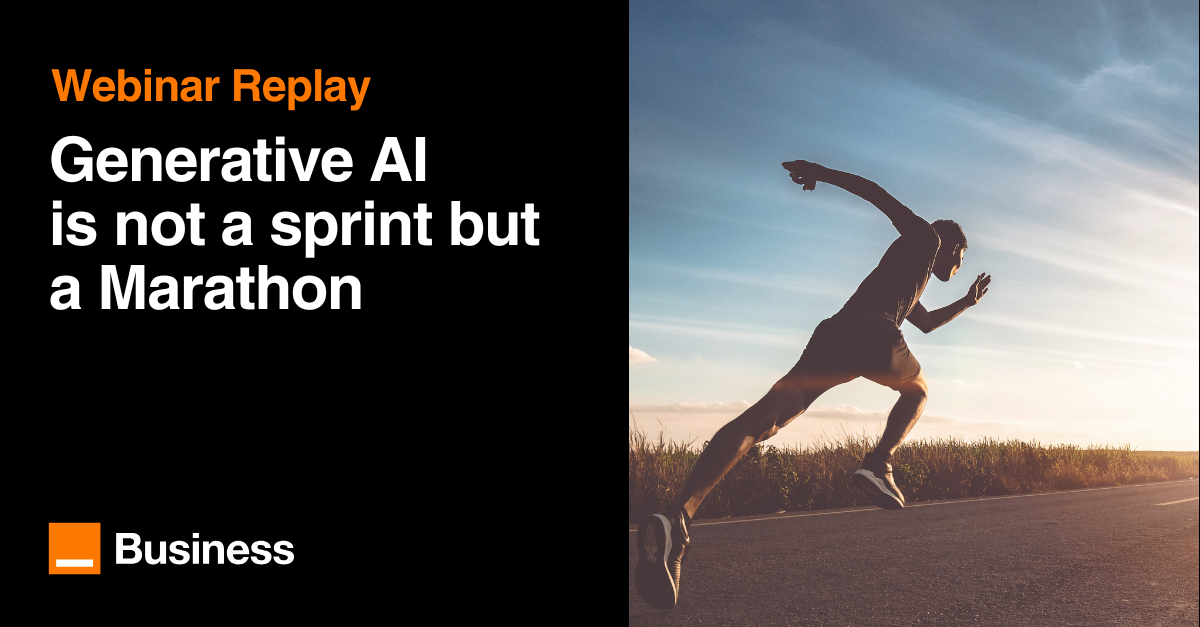
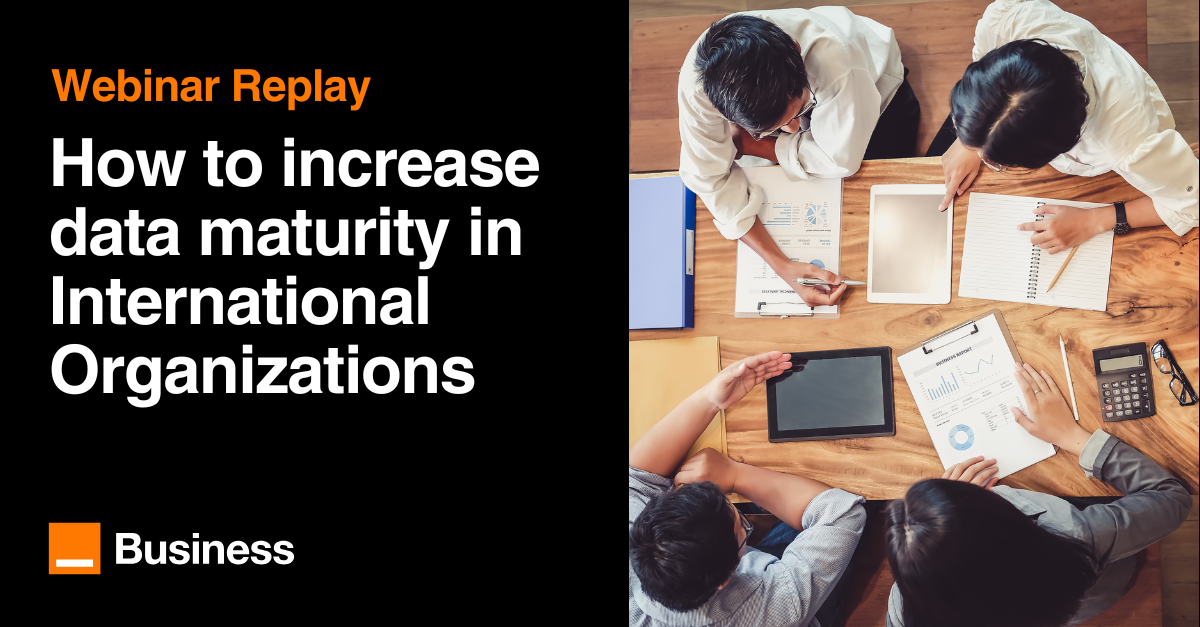

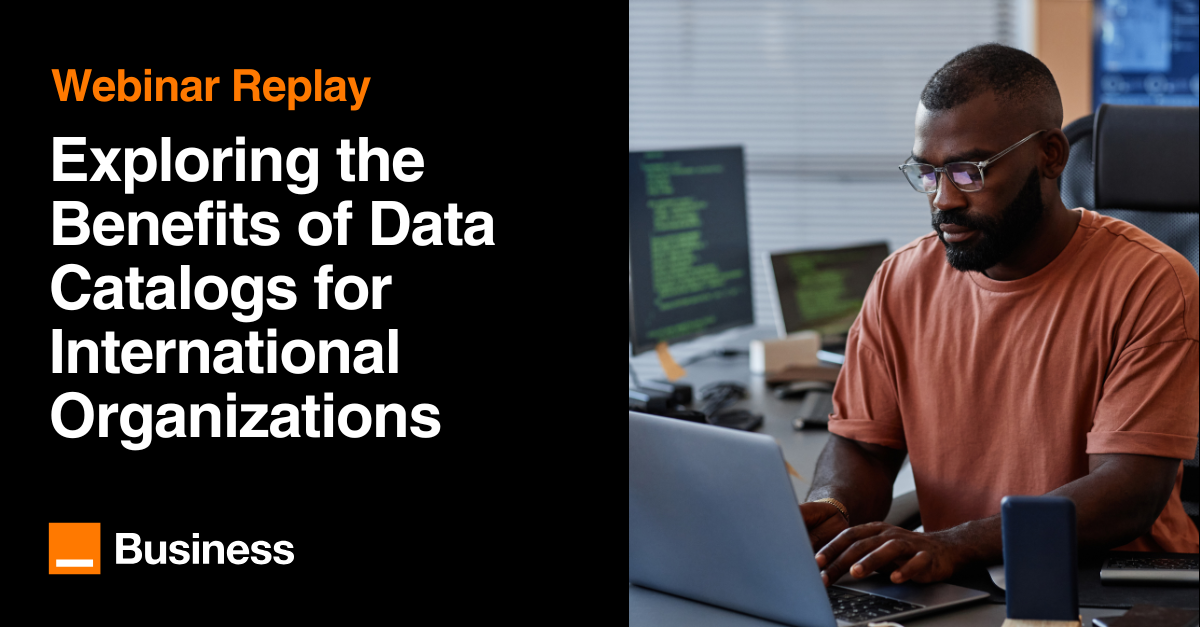


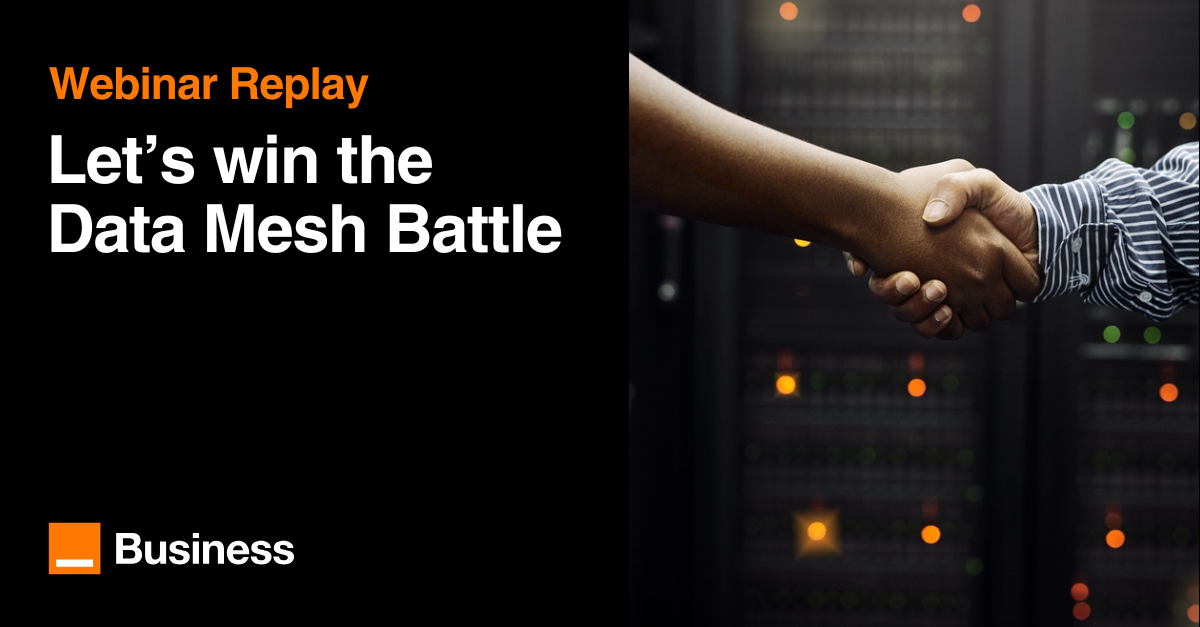
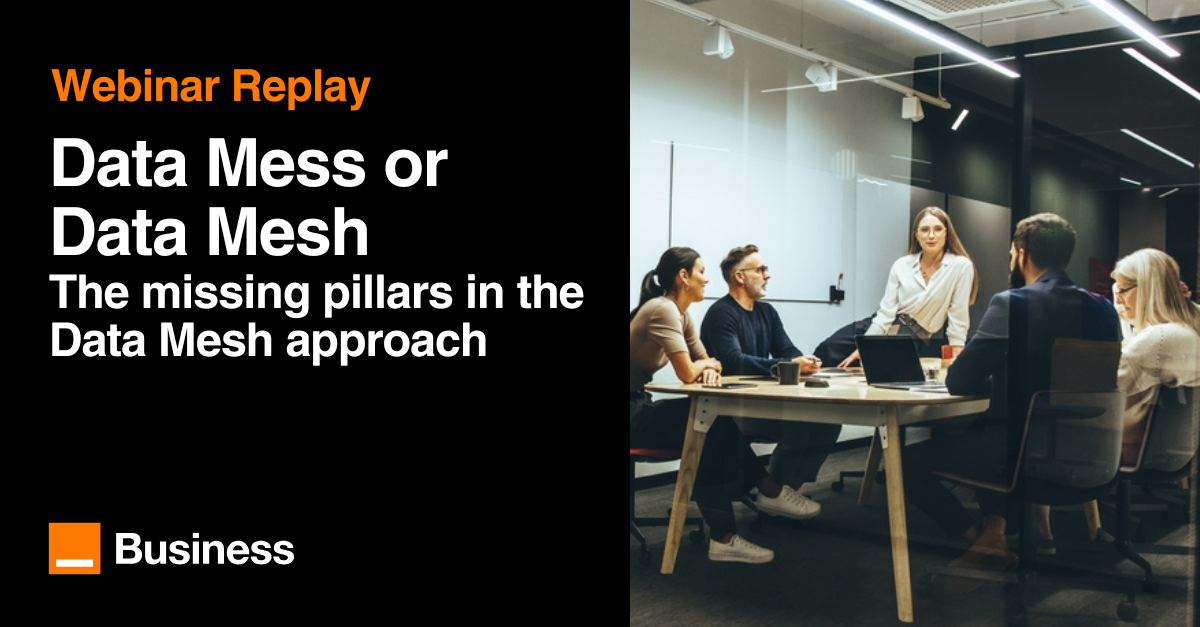
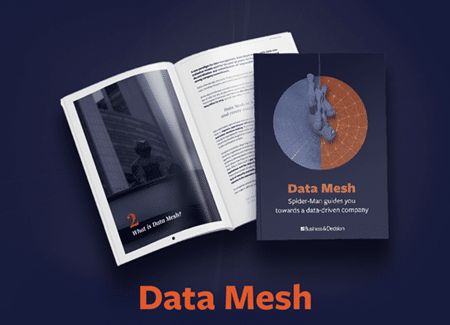

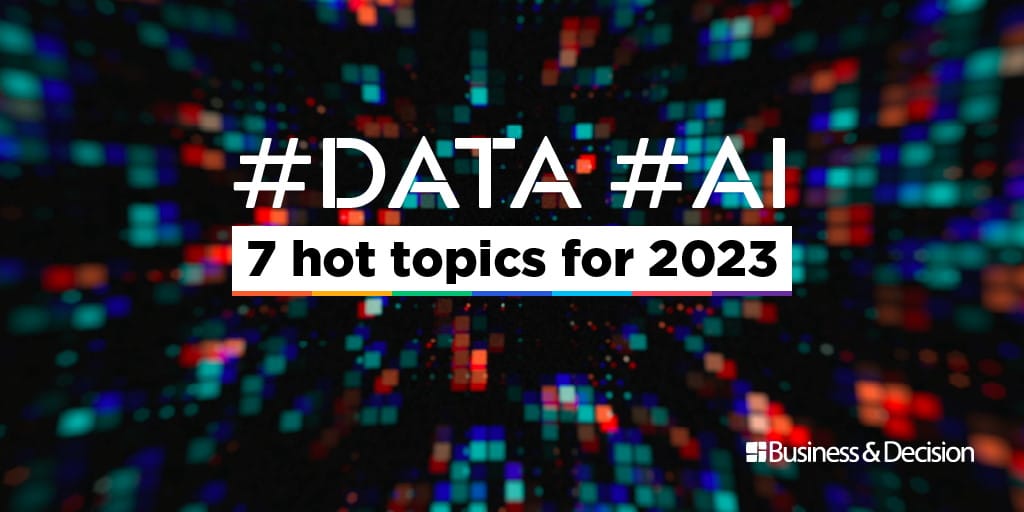

Your email address is only used by Business & Decision, the controller, to process your request and to send any Business & Decision communication related to your request only. Learn more about managing your data and your rights.